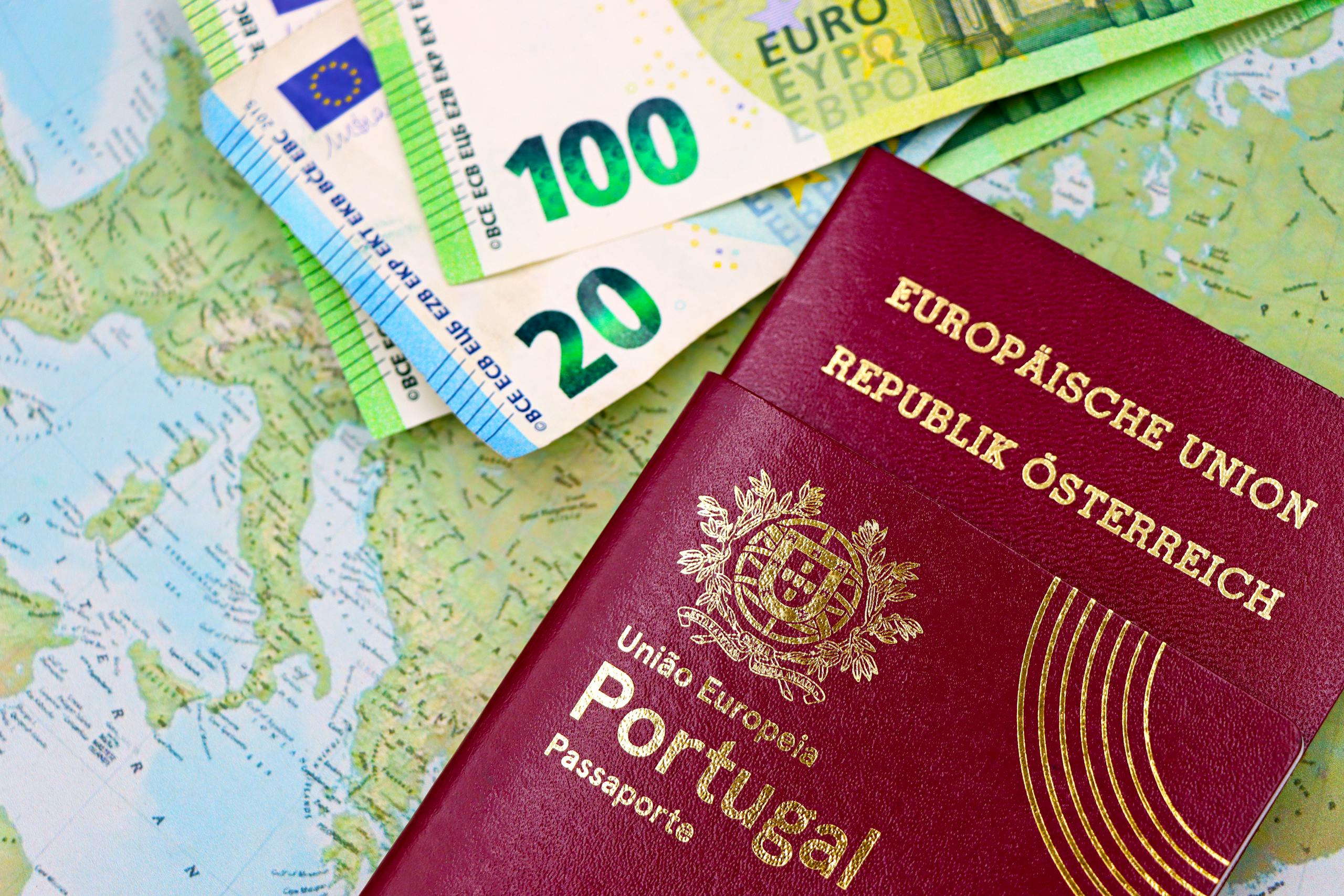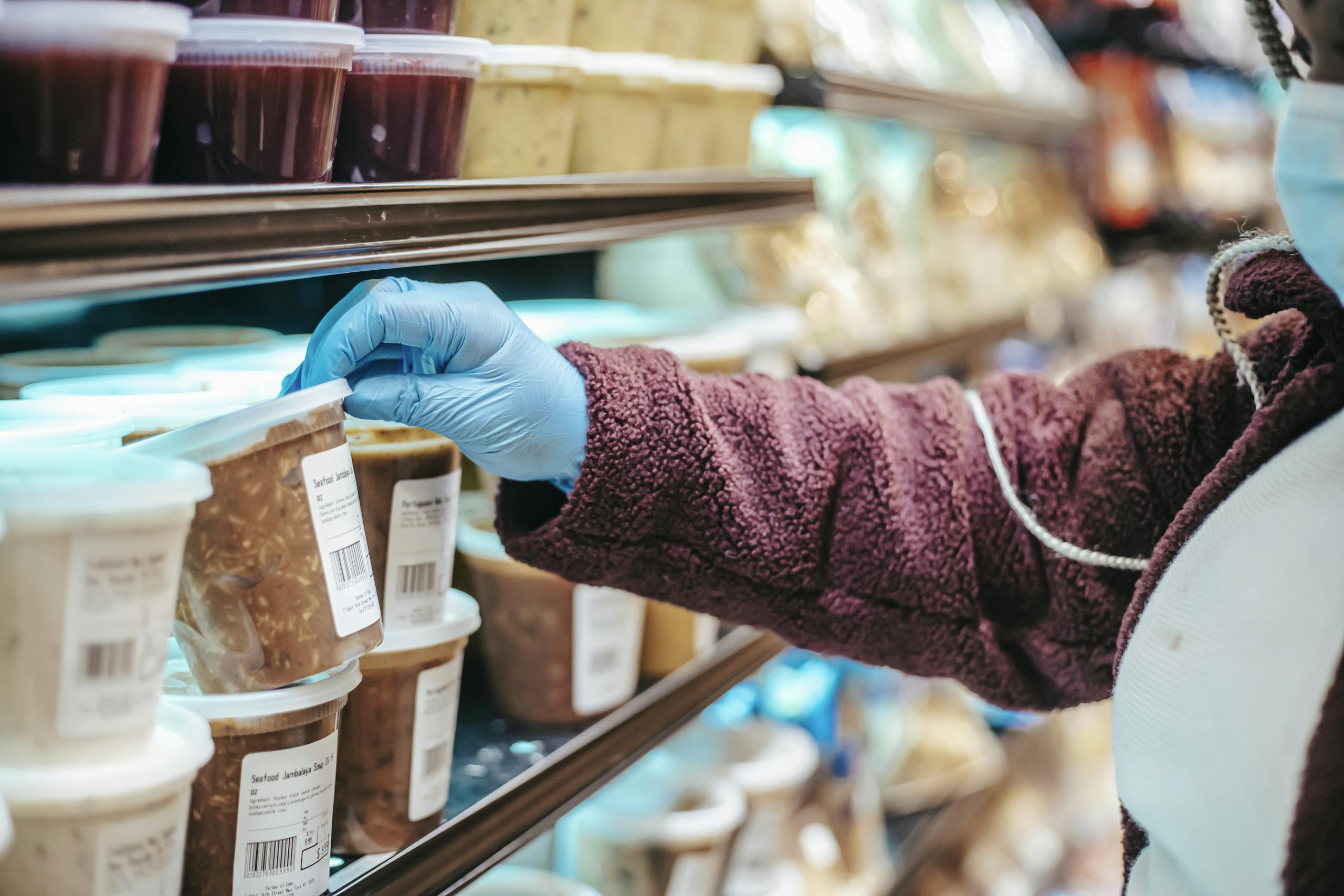Applying for an F-1 student visa can be a stressful but crucial step for those looking to study in the U.S. However, mistakes in the application process can delay or even jeopardize your plans. At Hospitality Academy, we’ve seen how the right preparation can make all the difference. Below, we’ll walk you through common F-1 visa mistakes and how to avoid them, ensuring you’re fully prepared to begin your educational journey.
1. Incomplete or Incorrect DS-160 Form
The DS-160 is a key part of the F-1 visa application process, but errors or missing details on this form can lead to rejection. Common mistakes include misspelled names, incorrect passport information, or skipping important questions.
How to Avoid It:
Take your time filling out the form. Double-check all information before submitting it and have someone review it with you to catch errors you might miss.
2. Not Paying the SEVIS Fee
The SEVIS (Student and Exchange Visitor Information System) fee must be paid before your visa interview. Forgetting this step is a frequent mistake that can result in delays.
How to Avoid It:
Pay the SEVIS fee as soon as you receive your I-20 form from your school. Keep the payment receipt and bring it to your visa interview.
3. Unprepared for the Visa Interview
One of the most critical parts of the application is the interview. Being unprepared, nervous, or unable to clearly explain your study plans can hurt your chances of approval.
How to Avoid It:
Practice answering questions about your choice of school, study program, future plans, and how you’ll fund your education. Be confident and bring all necessary documents, such as your I-20 form, proof of financial support, and admission letters.
4. Providing Inadequate Financial Proof
U.S. law requires students to demonstrate that they have enough funds to cover tuition and living expenses. Many students either provide incomplete financial documents or fail to account for additional expenses.
How to Avoid It:
Prepare clear, detailed financial proof, such as bank statements, scholarship letters, or sponsorship letters. Ensure the documents cover the full duration of your studies.
5. Applying Too Late
Timing is everything. Applying for your visa too close to your program’s start date increases the risk of delays, leaving you without enough time to prepare for your journey.
How to Avoid It:
Start the process as soon as you receive your I-20 form. Visa application processing times vary by country, so check timelines at your nearest U.S. embassy or consulate.
6. Not Knowing F-1 Visa Conditions
Some students unknowingly violate their visa conditions after arriving in the U.S., such as working off-campus without authorization or failing to maintain full-time enrollment.
How to Avoid It:
Learn the rules of your F-1 visa. Speak with your school’s Designated School Official (DSO) if you’re unsure about any restrictions or permissions.
7. Skipping Updates to Your I-20
If there are changes to your study program, such as a transfer to another school or an extended graduation date, failing to update your I-20 form can lead to issues with your visa status.
How to Avoid It:
Stay in close contact with your school’s DSO and report any changes to your study plan immediately.
Ready to Start Your Hospitality Journey?
At Hospitality Academy, we help students not only secure internships and work opportunities but also navigate visa requirements with ease. Our dedicated team offers guidance on every step of the F-1 visa process, helping you avoid mistakes and focus on your future.
If you’re ready to take the next step toward a career in hospitality, join one of our study and work programs. Apply here!




